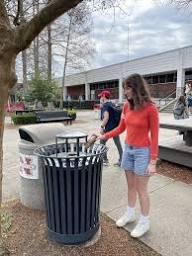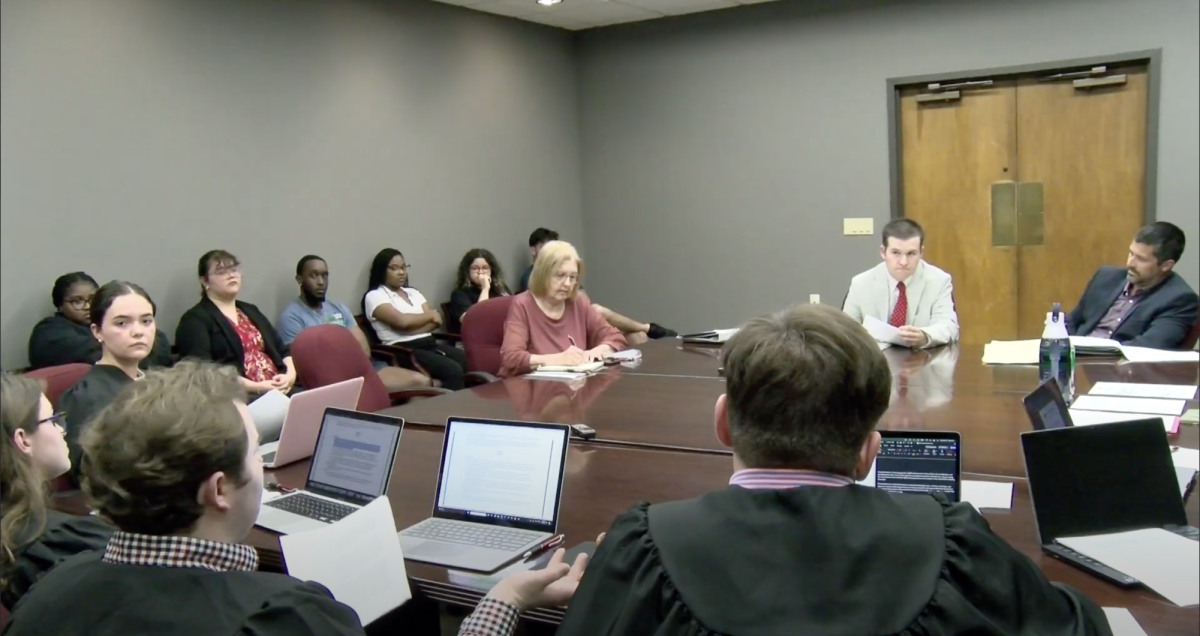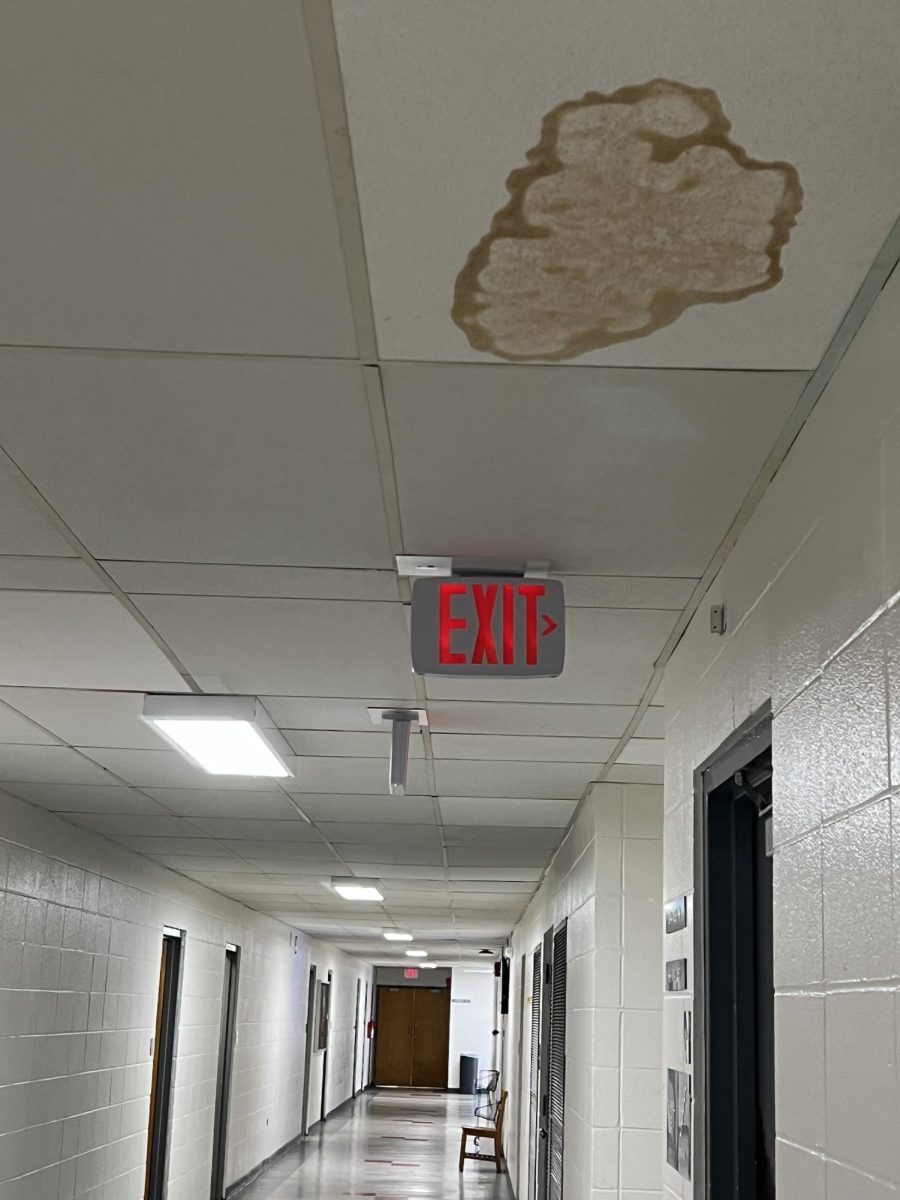A Nicholls professor is developing a process to convert sugarcane waste into ethanol, an environmentally-friendly addition to gasoline.
Raj Boopathy, distinguished service professor, is a microbiologist specializing in environmental microbiology. He uses bacteria to improve the environment by cleaning up toxic chemicals and researches how to break down living organisms through a process called degradation, which creates energy.
South Louisiana farmers burn sugarcane in the fall, contributing to pollution.
Boopathy explained that clouds are low in the sky during the fall. “As a result, when sugarcane farmers burn the waste from their crops, the carbon dioxide goes up and does not escape out because the clouds are so low,” Boopathy said.
When gasoline or toxic chemicals from burning sugarcane get into the atmosphere, it traps heat and causes global warming. Boopathy said that this is not only a pollution problem but it is also a public health issue. He said there are more cases of asthma, emphysema and respiratory problems during the fall.
Gasoline is an important part of the economy but not always the best for the environment because of the chemicals it contributes to pollution when burned in vehicles. “Whatever comes out the tailpipe of your car is going to go up in the atmosphere, become trapped, blanket the atmosphere and trap heat in it,” Boopathy explained.
Unlike gasoline, ethanol is a renewable energy resource. “The crude oil used for gasoline is not a renewable resource because once you get it out the ground and you burn it, it’s gone,” said Boopathy.
Boopathy’s idea for turning the leafy waste from sugarcane harvests into ethanol began by observing sugarcane farmers burning the waste. “I looked at it as it was a renewable energy resource. We could try to get energy out of this material for transportation fuel instead of burning it and it being wasted,” Boopathy said.
Boopathy’s idea also came from backyard compost, which is a natural process occurring in soil. “In the field, what is happening is the soil naturally has bacteria, fungi and yeast and the components start eating this material,” Boopathy explained.
Backyard composting is a process that can take three to four months, Boopathy explained. Through experiments and testing chemicals, such as sulfuric acid, on sugarcane waste, Boopathy and his team of researchers were able to speed up the compost process to two days by manipulating the natural process.
The concept for the project is to collect the leaves leftover after the sugarcane harvest and treat them with dilute sulfuric acid, Boopathy said. This releases the components of the leaf. Boopathy added an enzyme used as a substance to make sugar. He explained that adding yeast to the sugar will ferment the sugar, producing ethanol.
The ethanol that he produces can be diluted and used for making beer or wine. He added that 100 percent ethanol is what is mixed with gasoline and used in cars.
The ethanol used in gasoline is better for the environment because ethanol adds oxygen to gasoline which helps decrease air pollution and toxic chemicals caused by tailpipe exhaust, Boopathy said.
“We’ve been abusing the nature all along and now we are suffering the consequences,” Boopathy said. “Everything should be in balance but it is out of balance now because we are producing more carbon dioxide than plants can recycle. The result of this is what is trapping the heat in a global scale.”
Boopathy has done research for this project during the past six years. The first three years were very frustrating because his research team had to figure out how to produce the ethanol cheaply, he explained.
Boopathy said that the problem with his research is that it would cost $13 to $14 per gallon to make ethanol the way his team was doing it. “We needed to reduce the cost to $3 or less than $3 so we could compete with the gasoline market. Right now, gasoline is $3.50 per gallon or more and we wanted to bring the cost down so it could become commercially affordable,” he explained.
Boopathy and his research team tried using different chemicals and methods to break the leaves into smaller pieces and make the process of ethanol production cost efficient.
“The second part of the project was to find the right enzyme combination that would be cheap and that would break down the process in the shortest amount of time. It took three and a half years of trial and error,” Boopathy said.
Many gas stations sell 100 percent gasoline because a vehicle gets less gas mileage than with the gasoline-ethanol mix, Boopathy said. Ethanol also has moisture in the mixture that people are afraid will corrode their engines, Boopathy explained.
“What people don’t realize is car engines manufactured since the year 2000 do not corrode from ethanol because the government mandated that all vehicles made should at least tolerate 15 percent of ethanol in your gasoline mix,” Boopathy said. “All cars will say E-10 or E-15, which the E stands for ethanol and the number is the percentage of ethanol that a car can take,” Boopathy added.
The process of turning agricultural waste such as sugarcane leaves into ethanol is not unique to South Louisiana. Boopathy explained that this process could also be used on rice, wheat, corn, wood and any plant material.
Boopathy said that he does not agree with turning corn into ethanol in the Midwest because it is wasting food. The research that he is trying to prove is that a farmer should grow corn for food and whatever leaf material left over can be used to make ethanol.
The funding for the project came from a grant Boopathy wrote. He received $1 million from the U.S. Department of Energy for five years. Boopathy asked for a one-year extension and the government granted what is called a no-cost extension.
Boopathy and his research team have demonstrated the concept of making ethanol from the leaf material into a usable product. Boopathy finished the project Sept. 30, 2013 and is currently writing the final report on this project.
Nicholls professor finds new concept for making ethanol
Kameryn Rome
•
November 7, 2013
Leave a Comment
More to Discover












